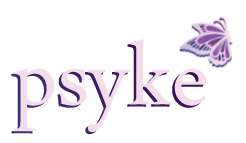7 herbs and supplements for anxiety and depression
All over the world, nature has provided us with the medicines we need to make ourselves well, in the form of plants.
Nature has given us molecules that not only relieve pain, but give us energy, clear our minds, calm us down, and help us adapt.
Many of these plants have been known to indigenous peoples for millenia; but traditions have also been lost and species gone extinct.
In the global internet economy, plants and supplements that were previously unknown are being rediscovered for their healing properties, and used to treat anxiety, depression, and stress.
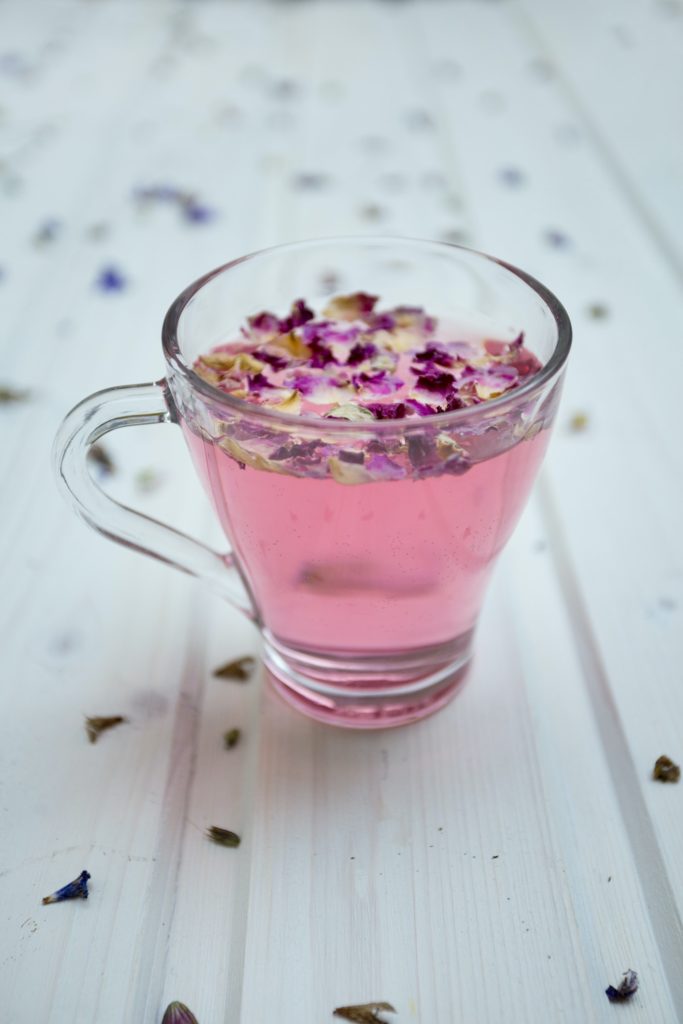
Magnesium supplements
It’s estimated that at least 50% of adults in the US are deficient in magnesium.
Why? Modern agricultural practices end up stripping magnesium out of our foods.
Magnesium deficiency can cause anxiety, depression, weight gain, fatigue, insomnia muscle cramps, problems with blood sugar… the list goes on.
So is it any wonder that anxiety levels are skyrocketing?
Magnesium as a supplement many benefits, including relieving depression and anxiety, reducing the risk of heart disease, lowering blood pressure, and reducing the frequency of migraines.
Don’t just buy any magnesium supplement. Magnesium comes in many forms and it’s important to take it in a form that’s easily absorbed by your body.
The best forms of magnesium to support mental health are:
- Magnesium Glycinate
- Magnesium Threonate
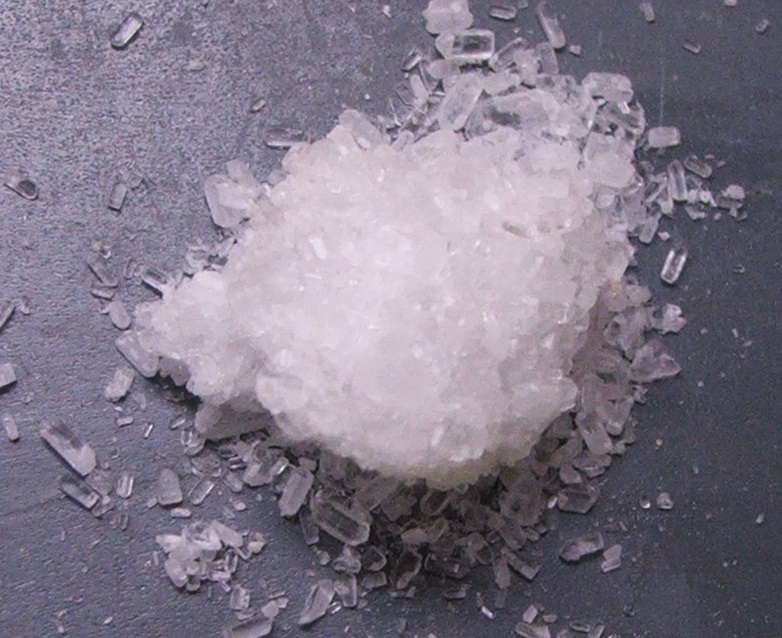
Ashwagandha
Ashwagandha is used to treat stress, alleviate anxiety and depression. It has also been found to improve energy levels, concentration, and memory.
This panacea has recently exploded in popularity – and just in time – as anxiety and stress skyrocket to record highs worldwide.
Also known as Withania somnifera or Indian Ginseng, the root of the plant has been ground and used for thousands of years in Ayurvedic medicine to relieve stress, support the immune system, improve memory, stop premature aging, boost male fertility, reduce blood sugar. One of the herbs compounds, withaferin, has even been found to kill cancer cells.
In the past decade, several studies have tested Ashwagandha’s myriad health benefits, with positive findings.
One study found those who took Ashwagandha (300mg, twice a day) experienced a 44% reduction in perceived stress levels after 60 days, compared to 5.5% in the placebo group.
Another study found Ashwagandha to be effective in reducing anxiety related to alcohol withdrawal.
Ashwaganda has neuroprotective properties, and has been used in the prevention of neurogenerative diseases such as Alzheimer’s and Parkinson’s disease.
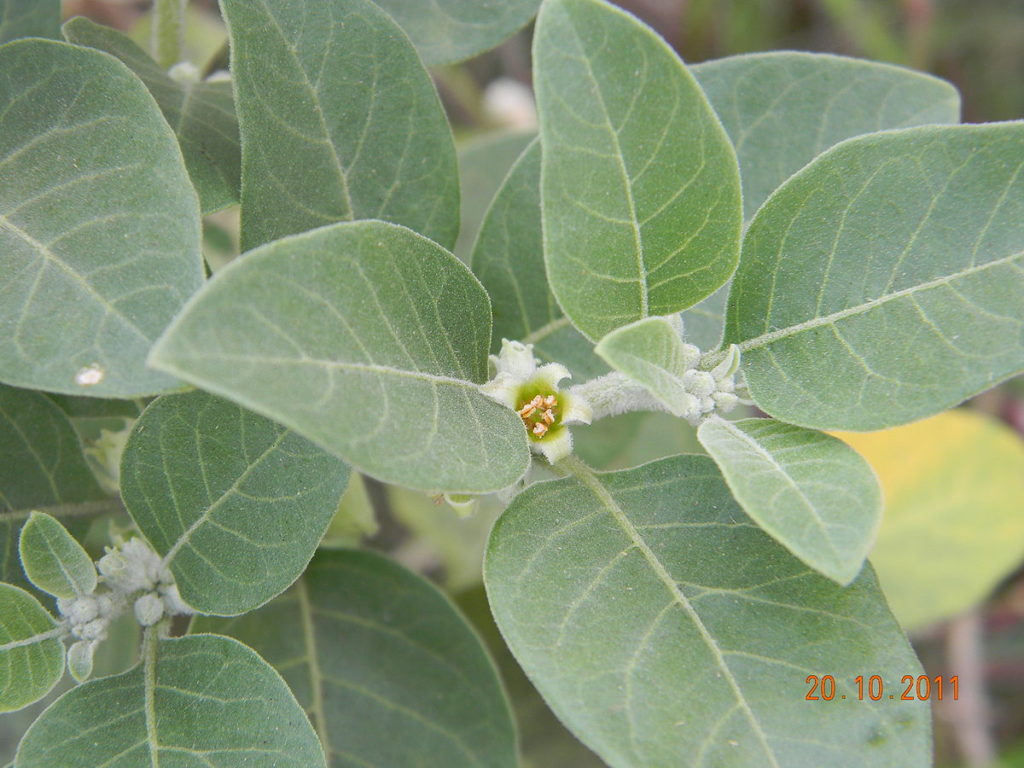
Albizia
Also known as the Mimosa tree, the Albizia tree is native to East Asia and has a long history of use in traditional Chinese medicine.
The flower and bark have been used for thousands of years to treat insomnia, depression, anxiety, and to promote a general sense of peace and well-being.
It’s so well known for its joyful effects that the Chinese name for the flower, “he huan hua”, literally means “collective happiness flower”.
Traditional Chinese medicine says that Albizia works by calming the spirit and removing emotional extremes, letting happiness enter the heart.
While the herb is only just beginning to be explored in Western medicine, one Chinese study has confirmed Albizia’s effectiveness in relieving depression.
Albizia can be found at many Chinese food and specialty stores. A therapeutic dose of the flower is between 9-15 grams, usually taken in water as a tonic. It can also be made into a paste and applied to the skin. Topical absorption is recommended for treating anxiety.
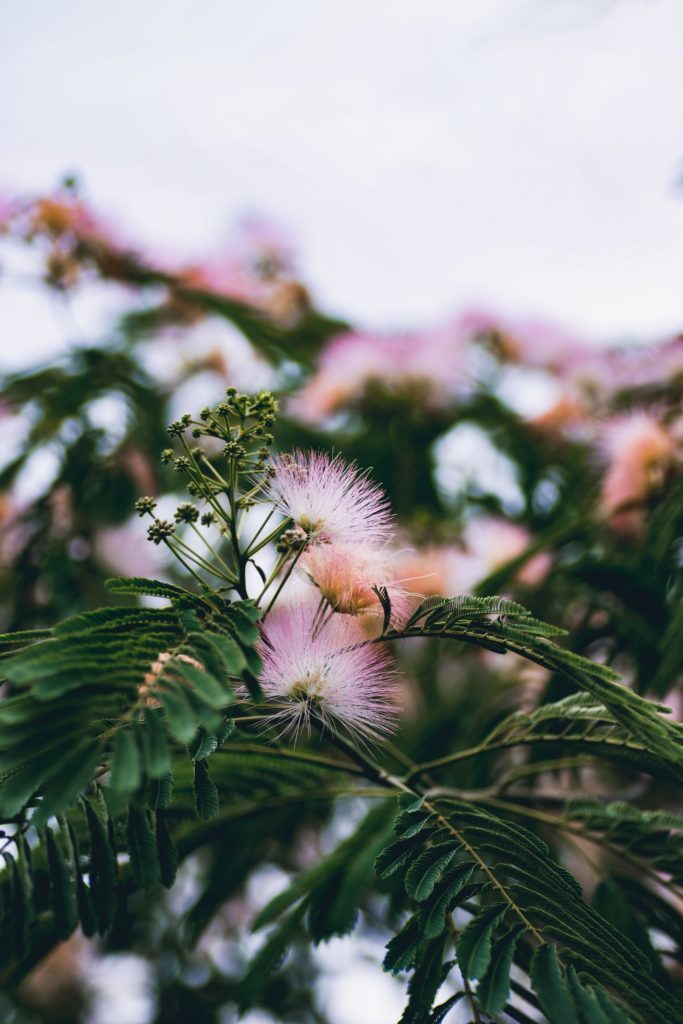
Tryptophan & 5-HTP
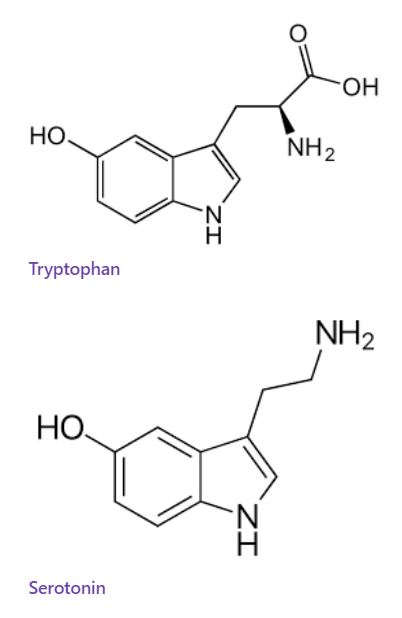
Tryptophan is a precursor to serotonin, so your body needs enough of it to create those feel good chemicals and get them circulating throughout your brain, causing pleasant thoughts.
Tryptophan was commonly used as a supplement to anti-depressants in the 1970s and 80s, until it was termporarily banned by the FDA when a bad batch of it got some people sick. So a slight variant of tryptophan, 5-HTP, began to be marketed in the US.
Both supplements are now used for depression, anxiety, and insomnia.
Clinical studies have found both tryptophan and 5-HTP to be effective, especially when combined with other antidepressants to treat depression and anxiety.
Your body literally cannot make serotonin without these building blocks. So while it may not be the end-all-be-all cure, it’s an important ingredient! Combined with a healthy diet, some exercise, sunshine and self-care, your body will synthesize these supplements into serotonin and get it circulating around your brain!
CBD
CBD, or cannabidiol, is the non-psychoactive element of cannabis. It has many therapeutic benefits, and promotes a sense of calm by supplementing the body’s natural endocannabinoids.
The benefits of CBD
The sale of CBD, usually as an oil or tincture, has grown in popularity along with the use of medical marijuana. It is now used to relieve stress, anxiety, cognitive disorders, insomnia, pain and schizophrenia. It’s been approved by the FDA for epilepsy, and is also being investigated as a possible treatment for addiction, PTSD, and Alzheimer’s disease.
How CBD works
Along with our bodies’ natural endocannabinoids, CBD helps our bodies adapt to chronic stress by regulating the secretion of stress hormones, and regulates anxiety by mediating our brain’s response to arousal.
CBD and the endocannabinoid system appear to play a role in memory, and this is why CBD is thought to beeffective in treating PTSD. In addition to relieving anxiety, it is thought to act by helping the brain to forget or preventing the reconsolidation of memories related to fear
By relieving anxiety and supporting emotional regulation, CBD is also thought to help reduce cravings and anxiety in people suffering from alcohol and even heroin withdrawal.

Further research
Hundreds of studies are underway to investigate more potential benefits of CBD.
The FDA recently approved CBD as a treatment for epilepsy. It’s also being researched as a possible treatment for Alzheimer’s disease, as it was found to reduce inflammation in the brain and promote neurogenesis in the hippocampus.
A small bottle of CBD oil can be expensive, ranging from around $50 to over $100 for a tincture. Moreover, not all CBD oil is the same – because it’s not well controlled, some sellers of CBD sell a much weaker product than the medical grade CBD used in studies. So what you think might be a good deal from a cheap seller may turn out to have no effect.
GABA
GABA is both a neurotransmitter and an amino acid, and can be taken as a supplement. As a neurotransmitter, GABA plays an inhibitory role in the central nervous system.
Some of the benefits of GABA include lower anxiety, an improved mood, and better sleep. It promotes relaxation, and may reduce symptoms related to autism and ADHD.
Studies have found that those with major depressive disorder have lower GABA levels, and this is also correlated with higher anxiety. GABA is also thought to play an important role in our ability to respond to stress. Reduced GABA levels have also been found in children with ADHD and individuals with autism.
How does GABA work in complex disorders like depression, anxiety, and ADHD?
GABA’s inhibitory function may act to curb the overthinking that often accompanies major depression and anxiety. Similarly, in ADHD it may prevent the excessive brain activity that leads to impulsivity.
Like many herbs, since GABA occurs naturally as an amino acid, it can’t be patented, so limited research has been done into its effectiveness as a supplement.
The medication pregabalin is derived from GABA and thought to increase GABA in the brain. It is sold under the brand name Lyrica, and a generic version was made available in the US in 2019. Pregabilin is used to treat generalized anxiety disorder, seizures, as well as alcohol withdrawal and benzodiazepine withdrawal.
Like magnesium, GABA can be found in many vegetables like broccoli, mushrooms, spinach, and tomatoes.
L-Theanine
L-Theanine, the active component in green and black teas, supports relaxation, cognitive function, and improves sleep.
It works by supporting the release of serotonin and GABA in the brain.
Theanine also boosts the immune system, lowers blood pressure, and even works to suppress cancer cells.

Heading
Description
Description
Description
Heading
Description
Heading
Description
10 T T
